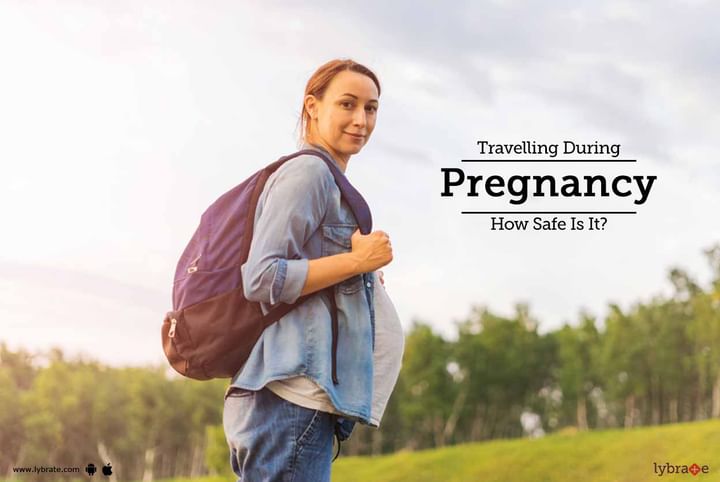Travelling During Pregnancy - How Safe Is It?
Travelling during pregnancy - Is it safe?
Pregnancy places some restrictions on the expectant mother, and one of them is limiting travel so much so that most women do only the required and essential commutes and skip any other travel, including vacations and business travel, completely until delivery. However, with the lifestyle changing for the woman so radically, this is being revisited. The doctor’s current advice is that unless there are potential complications expected or significant concerns, it is completely safe to travel.
The first trimester especially is a little tricky for travel, with the morning sickness. The second trimester is considered more ideal for travel, as the morning sickness and the feeling of being pregnant is sunk in, so the mother is comfortable. The third trimester is fine too, but the chances of fatigue are higher, and so travel is better avoided.
Read on to know some significant things to remember whether you are on a plane, train, or road during your pregnancy.
Car:
- Always buckle yourself up as soon as you enter the car. Use both the seat belt and the lap belt.
- Keep the air bags turned on.
- Try to avoid travel time of four hours at a stretch.
- When stopping for breaks, try to walk around a bit and stretch so that you do not feel the strain of sitting for long hours.
Plane:
- Most airlines allow women to travel during the first eight months of pregnancy.
- Some airlines do allow for travel during the ninth month, if the doctor approves it, or if there is an attendant with the expectant woman.
- It is okay to walk through airport screening during pregnancy. There are some women who are apprehensive about this aspect.
- Similarly the cabin pressure in the commercial planes reduces, but does not bear any significant impact for a pregnant woman.
- Select an aisle seat, as it allows for easy seating and getting up.
- Walking to the restroom and back should be carefully managed. The aisle is quite narrow and care must be taken to avoid hurting yourself.
- Use the seats for providing support when walking through the aisle.
- Especially, in turbulent stretches, try remaining seated, bearing in mind the safety aspects for yourself and the baby.
Other modes:
- Traveling by bus is safe, but trips to the restroom would be difficult.
- Trains are generally considered safer, as there is a lot of room for movement. Restrooms are available anytime, which is another major advantage.
- Sea travel is also considered safe, but sea sickness could add to the nausea.
- For long-term sailing, check with the cruise provider or the boat facility about availability of a healthcare provider on the ship.
In case you have a concern or query you can always consult an expert & get answers to your questions!



+1.svg)
